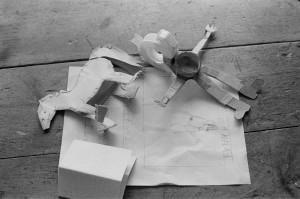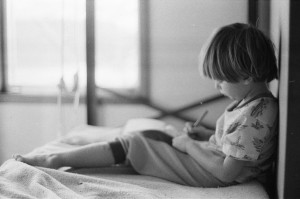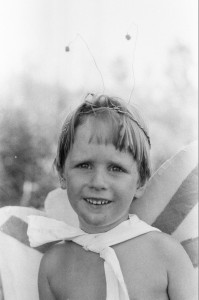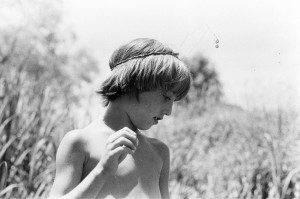2021
Honoring Nature: An Anthology of Authors and Artists Festival Writers: “The Ember”. This short narrative describes a dance/poetry artist residency experience (see Dancing the Dunes below) of intercommunication with Nature as a kinship consciousness that can be a healing ember for the persuasive ecocide of our times.
2020
The Ecological Citizen: “Ecocentric languaging: Persons, art and education”. This essay explores an understanding of an animate world view, based on a drawing by a six your old child, by looking at relationships between movement-based languaging both evolutionary and developmental, aesthetic perception, and approaches in ecocentric education.
Minding Nature/City Creatures’ Blog: Languages of Nature, Languages of Art®. This essay describes Rebecca’s movement-based arts and kinship with Nature workshop, taking place over a two-week period at Frick Environmental Center, in Pittsburgh Pennsylvania, where participants are lead to engage movement/dance to express interconnection—kinship—between the living world, in utero language beginnings, and movement as a language and art form.
2018
Minding Nature: “Moves Sound and Sounds Move: Introduction to the Re-enchantment of learning”. This essay explores, from beginning in utero, the psychobiological organizing principles of movement and sound underlying human perception, development, and intelligence. This pathway leads through the primacy of aesthetics in meaning making, languaging, and human relationship with Nature, to understanding the evolutionary context for the most humane child rearing and educational practices for developing compassionate, emotionally mature human relations, and ecological sensibility and responsibility.
2016
Minding Nature: “Dancing Our Kinship with Animate Earth”. This essay gives an in-depth look at natural place and its inherent languaging through interweaving childhood Nature relationship with character and history of place, and a middle school movement-based arts and ecology project. The primacy of non-verbal languaging and its aesthetic and ecological quality, beginning in utero, is clarified as the essence of natural learning vs. skills based school learning.
All Your Making: Outer Cape choreographic artist, educator and scholar Rebecca R. Burrill has been writing poetry since 1969. Now, in 2016, YIP( Yonkers International Press) is thrilled to present All Your Making, the long overdue debut collection of Burrill’s poems. With gorgeous effort, and stunning natural intuition Burrill offers her reader a full-bodied immersion into both the natural environs of Cape Cod and the life she has lived there.
IAE Newsletter: “Joy and Satisfaction in Natural Learning: Creative Improvisational
Explorations”. This essay locates the joy of learning in its creative, improvisational aspect, explored through a dance-based arts and Nature project. Dancing place conjures the inherent aesthetics of non-verbal languaging, a quality of human intelligence that evolved in relationship with the natural world. These tenets are basis for arguing that the play of improvisational exploration is primary in supporting natural learning processes vs skilled based institutional learning.
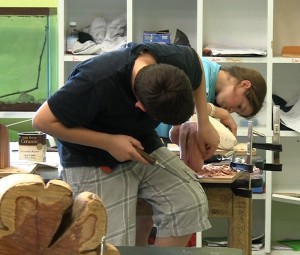 2015
2015
Wood and Arts Project: a video documentary concerning the honoring of cut trees at an historical landscape restoration. The intent, through art, is to express empathetic human
relationship with Nature. The project was a collaboration with The Cape Cod National Seashore, The Cape Cod Light House Charter School, a local wood artist, and local dancer/educator–Rebecca Burrill–producer, director and editor.
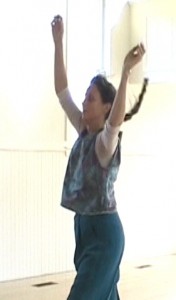
2012
Dancing the Dunes: a video documentary of a solo performance of story, poetry, and dance about a two week stay in a rustic dune shack and immersion in the sensory communications of the natural surround. Dancer, producer, director and editor Rebecca Burrill.
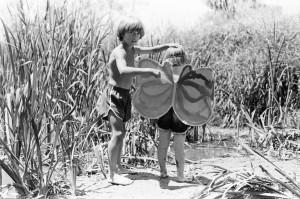
2011
The American Journal of Dance Therapy: “Movement, Art, and Child Development Through the Lens of an Innovative Use of The Kestenberg Movement Profile”. This is an introductory article on a doctoral dissertation study in the field of education which used the Kestenberg Movement Profile (KMP) as a data analysis tool. The KMP—a dance movement therapy assessment approach—was used innovatively to assess group or gestalt movement of children in a public preschool. Based upon the neurophysiological and developmental knowledge that physical movement is the fundamental organizer for brain development and early learning patterns, the KMP was used to give insight into the effects of movement parameters—i.e. different classroom activities—on the movement responses of the children. Three movement activity categories emerged from the research data. These were formal activities in which there was a high degree of external control on how the children moved their bodies with respect to learning, and improvisational movement/dance and art-making in which there was a low external control of how the children moved. Comparison of the three activity profiles showed that the kind of parameters placed on how the children of the study moved their bodies effected learning and developmental processes, as seen through the lens of the KMP.
IAE Newsletter: “Creating an Appropriate 21st Century Education: Movement as Primary in Learning Process”.
2010
Teaching Artist Journal: “The Primacy of Movement in Art-Making”.
2005
Teaching Artist Journal: “Natural Biology vs. Cultural Structures: Art and Child Development in Education”.
2001
Doctoral Dissertation: “The Effects of Teaching/Learning Environments on the Creative Process of Learning Evidenced Through a Movement Analysis Tool: The Kestenberg Movement Profile” (2001). The intention of this research was to investigate the effects of teaching/learning environment on the creative process of learning. A psychobiological movement analysis technique–The Kestenberg Movement Profile–was used as the main investigative tool. The qualitative/emergent research design entailed observer/participant activities with data collection via videotaping, field notes, and journal keeping. Analysis of data sought to uncover significant patterns in regressive and defensive feelings, attitudes, and behaviors vs. creative learning of the children studied.
~~~~~~~~~~~~~~~~~~
Sculpting and Black & White Photo Credit: Rebecca R Burrill
Dance Photo Credit: David Ludlow (video still)
